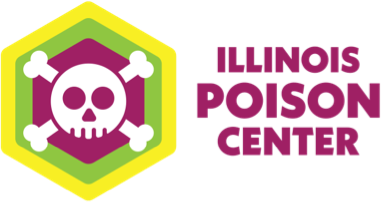Caffeine
What do coffee, tea, soda and chocolate have in common? If you answered caffeine, you’re right. Some foods and beverages contain this central nervous system stimulant. Many people use caffeine to enhance concentration, increase metabolism and boost mood. It is estimated that 80-90% of adults feel they need a daily caffeine boost in the morning to increase alertness and motivation to start their work or school day.
Guarana, yerba mate, energy drinks, and pills or powders also have caffeine and are used to increase alertness.
Caffeine Amounts
Here’s a list of common sources of caffeine and the amount of caffeine in each:
- 8-ounce cup of tea: 15-60 mg
- 12-ounce can of soda: 35-45 mg
- 8-ounce energy drink: 70-100 mg
- 8-ounce cup of coffee: 95-200 mg
- Caffeine pill: 100-200 mg
Caffeine Safety
For most adults, consuming less than 400 mg of caffeine a day is considered safe with minimal side effects. For children, the American Academy of Pediatrics (AAP) suggests that children under age 12 not eat or drink any products with caffeine. Children ages 12 and older should be limited to 85-100 mg per day. A 16-ounce energy drink exceeds AAP’s recommendation.
Symptoms of Too Much Caffeine
Consuming more than recommended amounts of caffeine or having caffeine sensitivity can result in:
- Anxiety, restlessness and shakiness
- Insomnia
- Dizziness
- Palpitations, rapid heartbeat or abnormal heart rhythm
- Dehydration – caffeine acts as a diuretic and increases urination and fluid losses
- Nausea, vomiting
- Heartburn
What to Do
If you believe that some has overdosed or having severe effects from caffeine, call IPC at 1-800-222-1222. If the person is unconscious, not breathing, having seizures or other worrisome symptoms, call 911.
IPC is here to help. Calls to our helpline are free and confidential. Toxicology experts are available to answer your questions 24 hours a day, seven days a week
